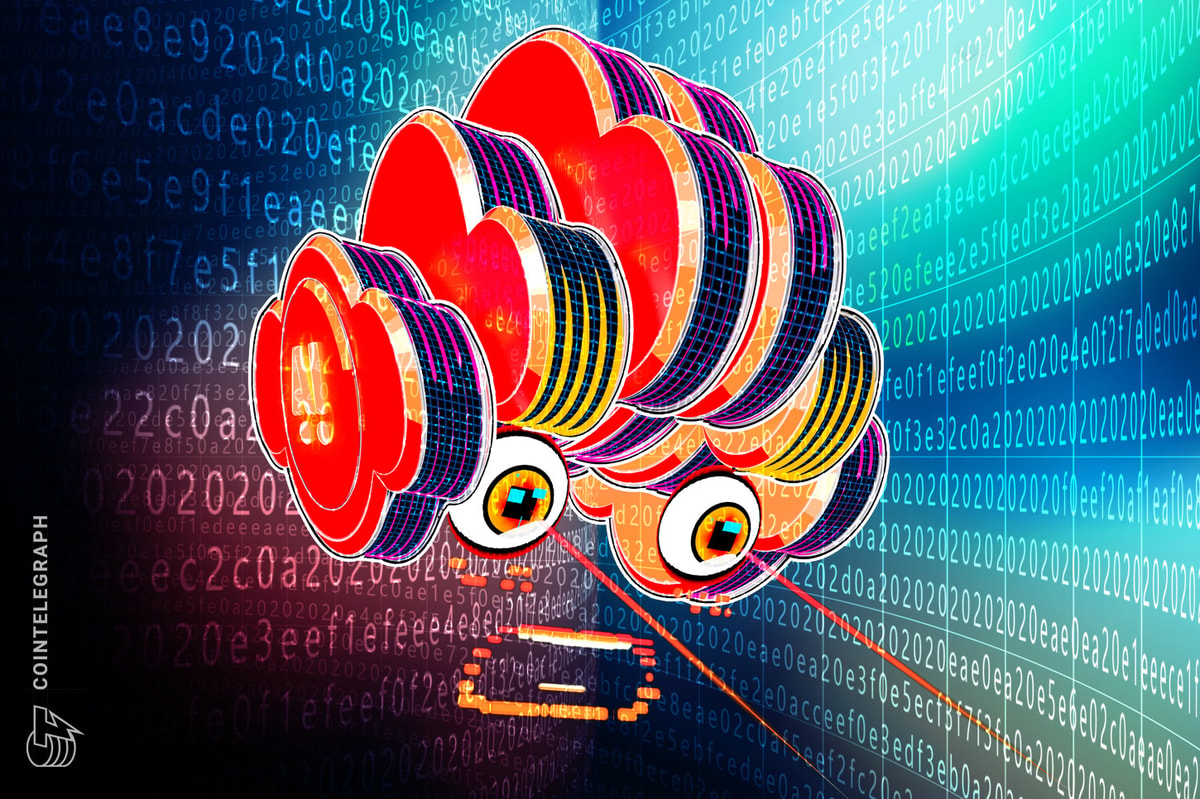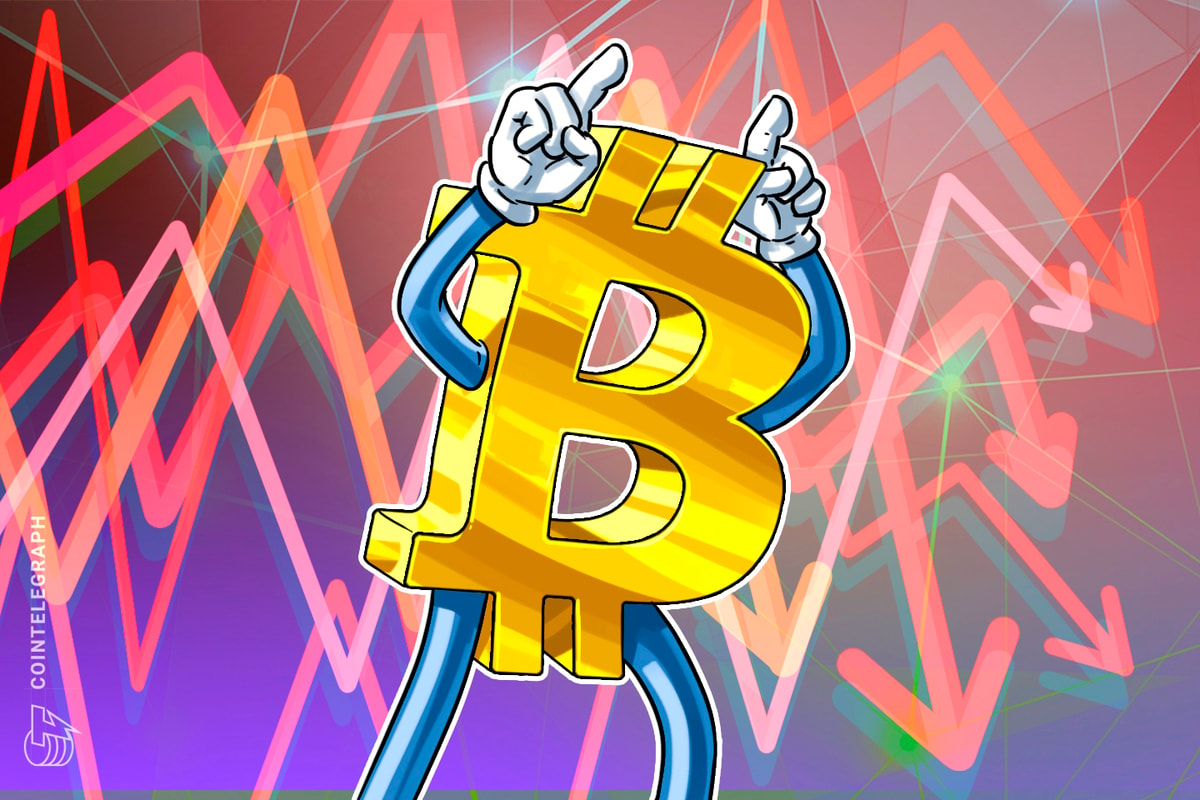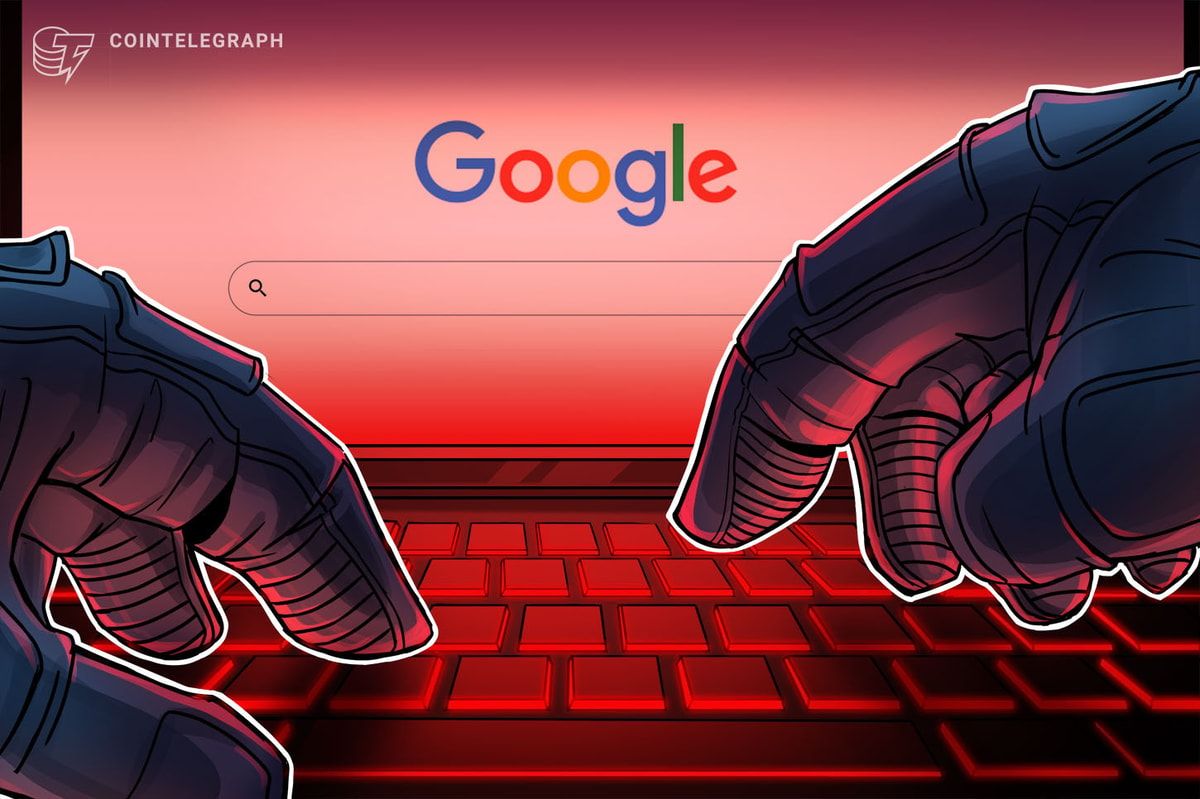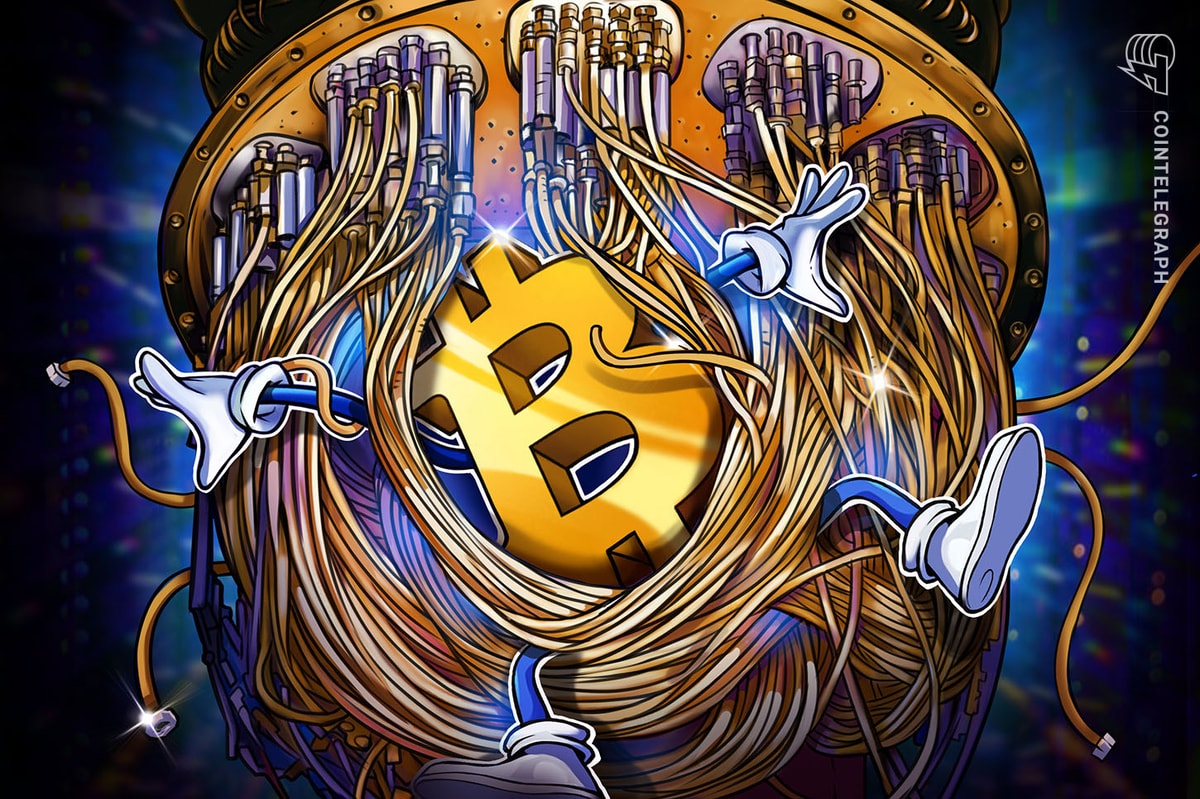Nvidia CEO Jensen Huang says there may only be one way to effectively combat the more nefarious uses of artificial intelligence — with more artificial intelligence.
“It’s going to take AI to catch the darker side of AI,” Huang said at a Sept. 27 event at the Bipartisan Policy Center, a Washington, DC think tank.
“The reason for that is pretty clear: AI is going to be producing fake data and false information at very high speeds,” he said. “So it’ll take somebody with very high speeds to detect that and to shut it down.”
Huang likened the use of AI to evolving cybersecurity practices, saying “almost every single company” is at risk of a hack or attack at “almost all times.”
“It’s going to take even better cybersecurity to defend ourselves,” he said. “We just have to make sure that we stay ahead; it’s going to take AI to help us stay ahead.”
Huang in conversation at the Bipartisan Policy Center in Washington, DC. Source: YouTube
Concerns over AI-fuelled misinformation and disinformation have been rife in the United States as the country gears up for federal elections in November.
Almost 60% of surveyed Americans — with a nearly equal split of Democrats and Republicans — said they were “extremely” or “very” concerned about AI being used to create fake information about the presidential candidates, according to a Pew Research Center survey of 9,720 adults published on Sept. 19.
About 40% said AI would be used “mostly for bad” in the presidential elections, compared with just 5% who said the opposite.
The survey came days before an unidentified Office of the Director of National Intelligence official told ABC News on Sept. 24 that Russia and Iran are using AI in a bid to influence the election by altering videos of Kamala Harris’ speeches.
Huang called on the US government to “become a practitioner of AI” and not ”just be a governor of AI.”
He said “every single” government department — identifying the Energy and Defense departments in particular — should be an AI practitioner, and floated the notion that the US should “build an AI supercomputer.”
“The scientists would be more than happy to jump on it and create new AI algorithms to advance our country,” Huang said.
AI will teach AI — and it’ll use a lot of energy
The Nvidia boss also speculated that the energy used by AI will increase amid “the amount of data that we’re going to train it with.”
He said that in the future, AI data centers will probably need “several — 10 times, 20 times — more” energy than today’s data centers, which the International Energy Agency estimates already use as much as 1.5% of global electricity.
Related: California governor vetoes hotly-contested AI safety bill
“Future AI models are going to rely on other AI models to learn, and you could use AI models to curate the data so that future AI uses an AI to teach another AI,” Huang said.
He said data centers could be built where there’s “excess energy” that is “hard to transport,” because AI “doesn’t necessarily care where it learns.”
“We can transport the data center,” Huang said, “We can build a data center near where there’s excess energy and use the energy there.”
AI Eye: AI drone ‘hellscape’ plan for Taiwan, LLMs too dumb to destroy humanity











